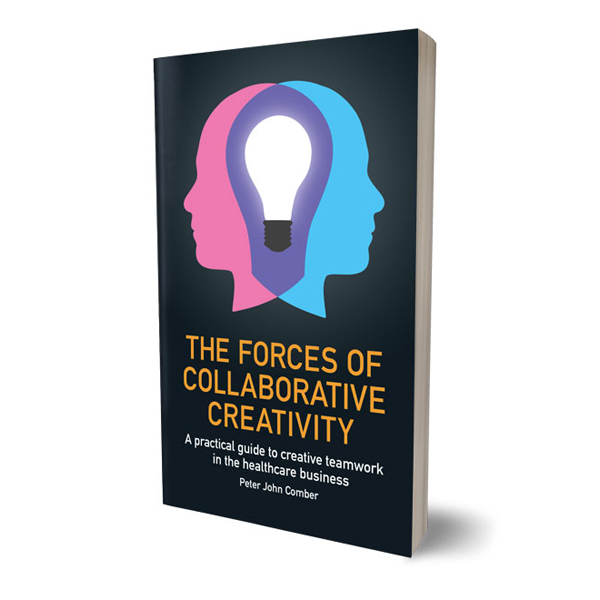Disruptor Rex.
A story of mice and men who moved too fast and broke too many things.
The following is a hypothetical scenario. One morning you see a mouse in your garage, you are surprised because it’s never happened before. The day after you see two. You realise you have a rodent problem and after some research you find four possible solutions:
Happymouse: a box containing organic bait that attracts the mouse, which upon entry discovers it can’t exit. The box is then collected by a courier (who uses a solar powered electric vehicle) and the mouse is transported to a wildlife center where it is released, while the box is recycled. Happymouse is available from a trendy Eco-store and costs €180 for 10 traps.
Supertrap: a box containing poisoned bait that attracts the mouse, which enters the box, eats and instantly dies. You are left with a tiny coffin to dispose of. Supertrap is available from any supermarket and costs €40 for 5 traps.
ZapMouse: a collection of cameras and lasers to install in your home. The micro-cameras detect the mouse and guide lasers to instantly kill and vaporise the creature leaving no trace or mess. You request ZapMouse online, choosing an appointment for installation in your home. It is ‘free forever’, but you authorise the provider to observe your family and sell behavioural data to third parties.
Honest Jack’s Pest Control: a team of professionals (you’ve seen their van around the neighborhood for years) that guarantee to ‘humanely and effectively remove domestic pests and prevent their return’ with just three home visits. Honest Jack is available by appointment at your home. His service costs €90.
Which would you choose? Think about it for a minute, weigh the options.
The hypothetical scenario continues.
For the next three years ZapMouse is chosen by 91% of people with a rodent issue in their home. The power of free is undeniable.
There are some unfortunate ‘malfunctions’ but these are rare and software upgrades improve safety with every event.
HappyMouse goes bankrupt. The multinational that owns Supertrap discontinues production. Honest Jack now installs systems for ZapMouse.
ZapMouse has systems installed in millions of homes, the cost of installation is huge, much larger than data sale revenue, so the company has never made a profit. Despite this their IPO is a success.
ZapMouse announces they have developed machine-learning, predictive technology that provides 99% accurate behavioral data from a much smaller initial data set. Subsequently they will discontinue supporting ZapMouse systems in 90% of the homes where it is currently installed.
The hordes of mice that for years haven’t been controlled just zapped out of homes discover their new freedom and invade millions of unprotected homes. Epidemics of Lyme Disease, Hantavirus and Salmonella follow. Cats become hugely popular and expensive.
End of the hypotheses. Are you still happy with the choice you made?
Back to reality, where the immense resources of venture capital and radical technological innovation are dominant forces and regulatory efforts are slow and ineffective. In the face of disruptive innovation that ignores general safety and sustainability, focusing only on return on investment, the actions of state and non-state authorities should protect the global public interest.
While we wait for that to happen I believe that we, responsible citizens, need to make choices that reflect the world we want to see.
I believe responsible brands need to improve their efforts to comprehend their role in society and greatly increase their communication of their social value, making it easier for customers to make conscious choices.
Only a minority will have the financial resources and the philosophical dedication to buy HappyMouse, while the masses will continue to consume Supertrap but to my mind that’s preferable to them capitulating to ZapMouse.
I love progress and, like most people, I have benefited greatly from many of the innovations of the last few decades. To continue to improve quality of life worldwide we need more innovation and we will have to embrace some disruption. But if we can’t see and support that which is for the greater good I am afraid that 99% of us will suffer.





